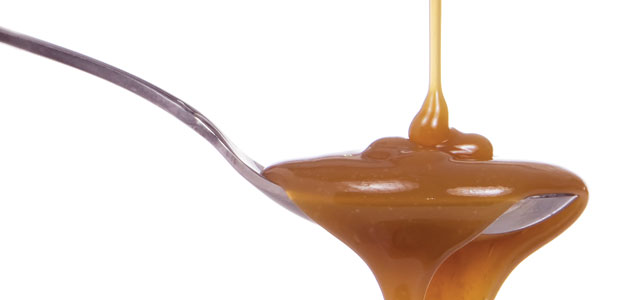Advertisement
High Fructose Corn Syrup
Obesity trigger?

Would sugar by any other name taste as sweet–or make us as likely to gain weight? It’s the sticky debate taking place in nutrition circles.
The focus of all this dietary discussion is high fructose corn syrup (HFCS), a processed sugar added to the majority of soft drinks and many of our foods. Between 1970 and 1990 consumption of foods and beverages containing HFCS increased dramatically. Researchers noticed that while fat consumption actually dropped in the last two decades, the incidence of obesity has continued to climb.
HFCS: Fat Culprit?
The simultaneous spike in dietary HFCS and obesity led some nutrition experts to suggest that the sweetener was responsible for all that excess adipose tissue. Health-conscious consumers began to scratch HFCS-containing items from their grocery lists.
Other experts haven’t been as quick to place blame on HFCS alone for the bulge in waistlines. In its January 2008 Nutrition Action Health Letter, the Centre for Science in the Public Interest stated that it’s not the type of sugar being eaten that is causing increased obesity rates, it’s the rising quantity of sugar being consumed. Due to the nature of our super-sized society, North Americans now get a large amount of calories from soft drinks–at the expense of more nutritious food.
Sugar: Can’t Live without It
Amid the furor over the evils of HFCS, we may be losing sight of a basic nutritional principle: our body needs sugar to function. All sugars, whether straight out of the honeycomb or baked into a low-fat, high-fibre muffin, are broken down by the body into glucose, the fuel that drives our cells.
So sugar–by any name–provides energy that we need. However, nutrition experts advise us to steer clear of foods that are high on the sweet meter but low in other nutrients. Instead, they suggest choosing foods with no added sugar; replacing soft drinks with water, milk, or 100 percent fruit juices; and checking food labels for hidden sugars.
Eating whole fruits and grains is a good choice for health. They not only provide us with the sugar our body needs to function, but also are naturally packaged with vitamins, minerals, micronutrients, phytochemicals, and a healthy dose of fibre.
AKA: Sugar
In addition to high fructose corn syrup, check labels for the following ingredients, which are also added sugars:
- Dextrose
- Fructose
- Fruit juice concentrate
- Glucose
- Honey
- Lactose
- Maltose
- Syrup
- Sucrose
Note: Labels list ingredients by weight content in descending order of proportion.




